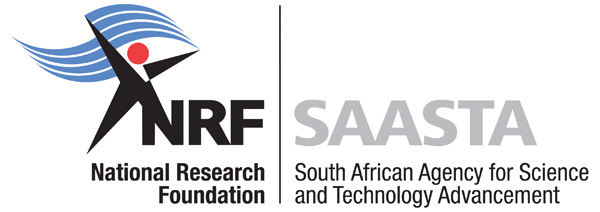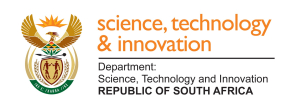Resourcing the science shop project
Funding and human are the two key resources that are required for any successful implementation of the science shop project and there is a need to be explicit about how these resources will be made available.
1.Funding
Whereas full grant funding conditions will be published with each call for proposals, there are three basic questions that need to be addressed upfront in this regard:
(a) Costing the research project
Each university has its own guidelines or costing structure for pricing grant-funded research projects as approved by an appropriate internal authority. Despite being worded differently, such pricing arrangements are well comparable as they are informed by Universities South Africa (USA) recommended Expenditure Apportionment method. It would therefore be a reasonable approach for each university to use its own approved guidelines to cost its research proposal.
(b) Access to grant funding
Two approaches will be used to enable public universities to access funding:
i. SAASTA will annually publish a call for community-based research proposals from qualifying universities. In order to enable alignment with the government financial year, the entire process, including assessment of proposals and relevant contracting will have to be completed by the 31st of March of the outgoing financial year so that grant payments are made to universities during the first quarter of the new financial year.
ii. Emergency requests for community-based research grant funding will be accommodated, depending on the surrounding circumstances. Emergency requests refer to those proposals that will be submitted to SAASTA without a call, but prompted by an urgent community need to get better informed for participation in a discussion and/or take evidence-based decision. For a request to qualify under this category, the timeframes for the matter under consideration will be a deciding factor.
(c) Complementary funding
A university that has secured insufficient funding for a community-based research from other sources can seek further funding from the science shop grant funding facility to make up for the shortfall. On a related note, a science shop grant-funded project can be complemented by other sources. In instances where a community-based research project is co-funded, its branding would reflect such.
2.Human resources
Availability of human resources required for funded community-based research projects will be achieved in the following ways:
(a) University staff-based expert pool
In their nature, universities are multidisciplinary institutions – making it possible that each time there is a science shop project, the project host university will identify suitable individuals from its academic staff complement to constitute a research team that will disband at the end of the project. Where necessary, a university can source expertise from other universities or related institutions to make up for required rare skills.
(b) DSI-National Youth Service programme
The DSI runs a national youth service initiative, through which unemployed graduates are deployed to institutions whose work complement the strategic objectives of the Department in one way or another. Through this programme, universities will identify their postgraduate students to participate in the community-based research project. These students will be paid monthly stipends based on applicable scales for the duration of their involvement in the community-based research project.
(c) Community participation
During the community-based research proposal conceptualisation, the university and the community will determine and agree on the kinds and timing of labour to be supplied by the community in the research project.

 The South Africa Agency for Science and Technology Advancement (SAASTA) is a business unit of the
The South Africa Agency for Science and Technology Advancement (SAASTA) is a business unit of the 